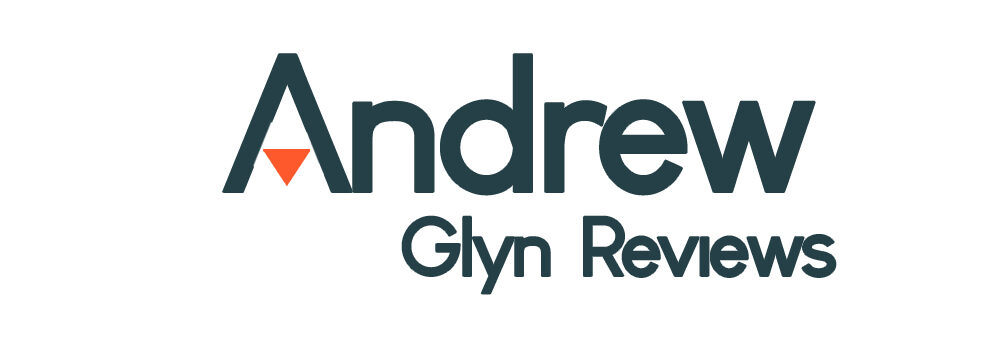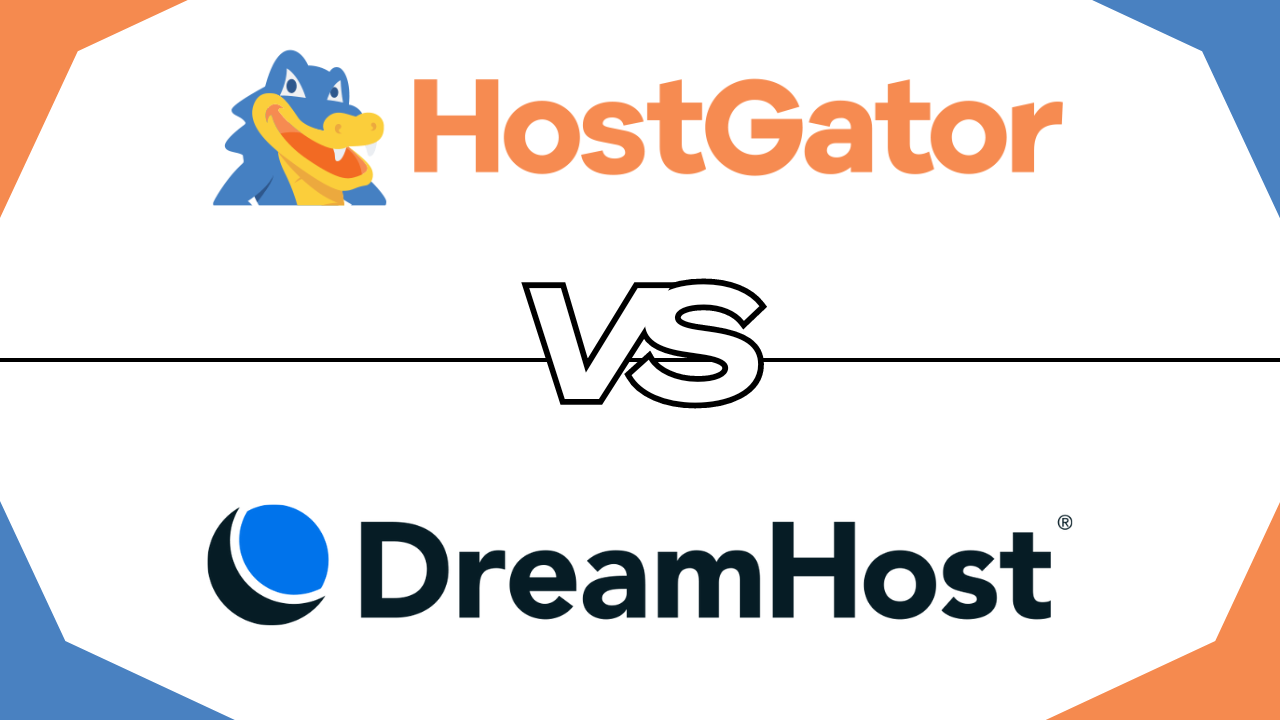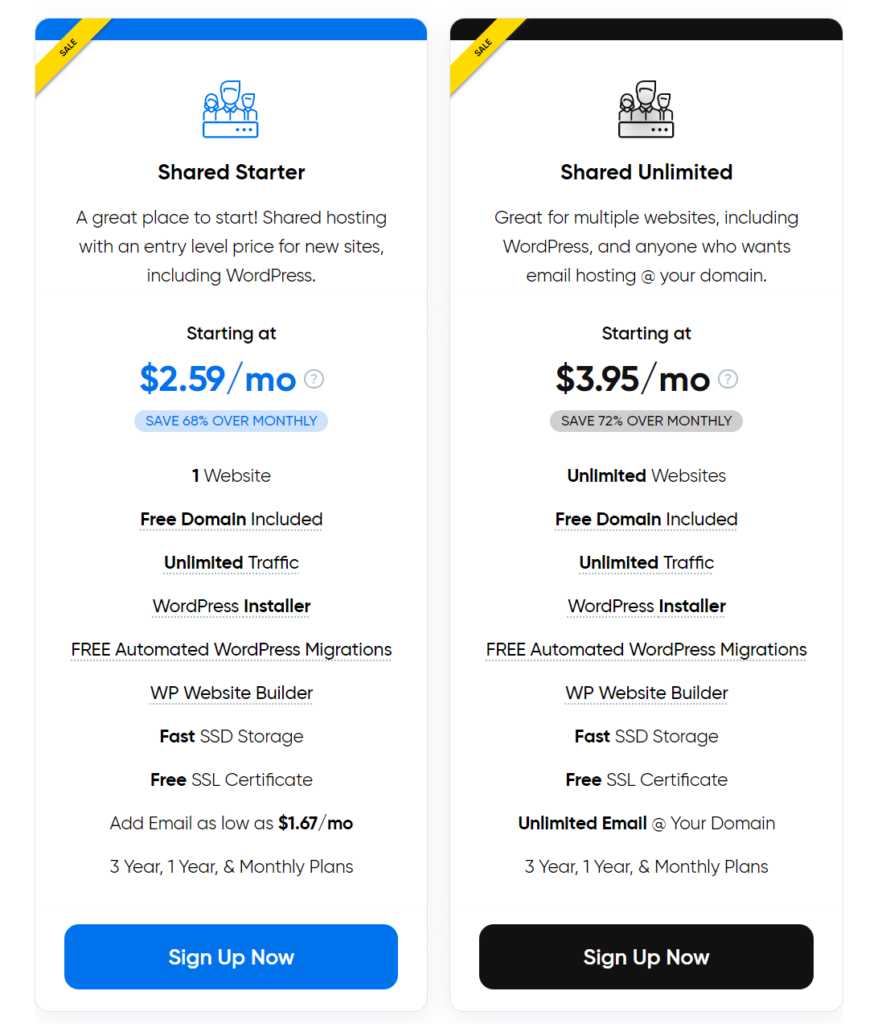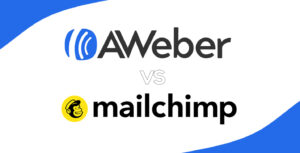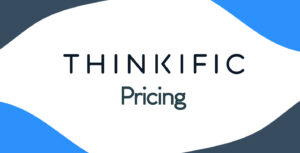
Selecting the ideal web hosting provider, especially when comparing DreamHost and HostGator, is a critical decision. This blog post offers a concise yet thorough comparison of these two leading services, focusing on key areas such as pricing, user experience, features, security, and dependability.
We aim to streamline your selection process, whether you’re launching a new site or considering a change. Our analysis highlights each host’s advantages and limitations, ensuring you make an informed decision tailored to your web hosting needs.
Join us as we delve into each aspect with clarity and precision, helping you discern which host aligns best with your objectives.
Table of Contents
Quick Comparison: Dreamhost vs Hostgator
In comparing DreamHost vs HostGator, distinct differences stand out, tailoring each to specific user needs. DreamHost shines with its promise of unlimited bandwidth and storage across all plans. This feature is a boon for websites with expanding content and visitor traffic. Furthermore, DreamHost guarantees an impressive 100% uptime, ensuring your site is always accessible. Its custom control panel is another highlight, offering enhanced functionality tailored for efficiency and ease of use.
Both hosting services provide essential features like free SSL certificates and seamless WordPress integration, laying a solid foundation for site security and content management. When it comes down to it, DreamHost leads the way in performance and scalability, perfect for growing sites that demand robust infrastructure. HostGator, meanwhile, captures the market with its user-friendly approach and cost-effectiveness, ideal for new website owners or those running smaller sites.

Photo by Jaelynn Castillo
Pricing Structure: Comparing Costs
DreamHost and HostGator are giants in the web hosting world, each bringing unique strengths to the table. DreamHost shines with its steadfast uptime and expansive storage, making it the preferred choice for businesses in need of reliable, scalable hosting solutions. Its commitment to performance and robust security features position it as a top contender for those who prioritize technical excellence.
Conversely, HostGator is celebrated for its intuitive interface and outstanding customer support. It’s particularly appealing to beginners and small businesses, offering a smooth, user-friendly experience right from the start. What sets HostGator apart is its blend of affordability and customizable hosting plans, making it a go-to for those who value flexibility without breaking the bank.
HostGator Pricing
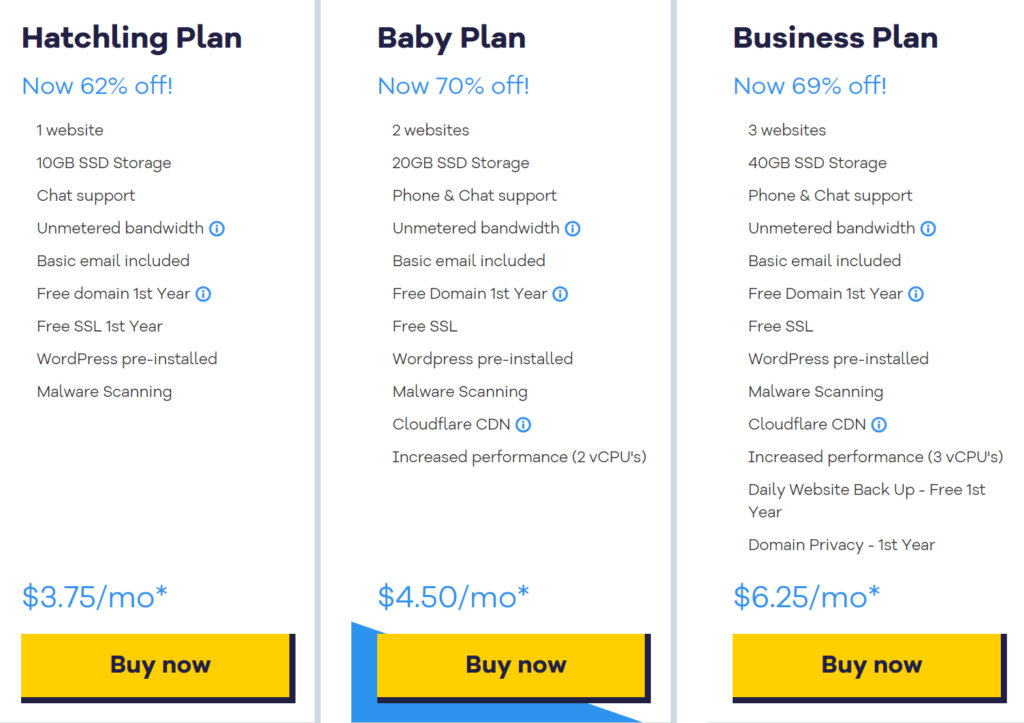
HostGator, a well-known name in the web hosting industry, offers a variety of hosting plans catering to different needs and budgets. Their shared hosting plans start with the ‘Hatchling’ plan at $3.75 per month, ideal for beginners. For more resources, the ‘Baby’ plan, priced at $4.50 per month, offers 20GB SSD Storage. The ‘Business’ plan, at $6.25 per month, includes additional features like free SEO tools and a dedicated IP, suitable for small businesses. HostGator also offers VPS hosting starting at $34.99 per month and dedicated servers from $89.98 per month. These prices reflect a commitment to affordability, although it’s important to note that they are often promotional and can increase upon renewal.
Dreamhost Pricing
DreamHost is recognized for its transparent and competitive pricing in the web hosting market. Their shared hosting plans begin with the ‘Shared Starter’ at $4.95 per month, ideal for those starting a new website, offering one website and a free domain. For more extensive needs, the ‘Shared Unlimited’ plan, priced at $8.95 per month, offers unlimited websites and email hosting, catering well to more established sites or businesses.
DreamHost also provides VPS hosting, with plans starting at $10 per month, offering scalable resources for growing websites. For those requiring maximum control and resources, their dedicated server plans begin at $149 per month. DreamHost’s pricing, particularly for shared and VPS hosting, is structured to accommodate a range of users, from beginners to more demanding business requirements.
Ease of Use: Which One Is Easier To Use?

Photo by Sincerely Media
When comparing the ease of use in DreamHost vs HostGator, it’s clear that both platforms cater to different user needs. HostGator is renowned for its user-friendly interface, making it a favorite among beginners. With its simple cPanel, users can effortlessly navigate and manage their hosting environment. DreamHost, while offering a custom control panel, may have a steeper learning curve, but it provides more flexibility for experienced users. Both offer one-click installations for popular applications like WordPress. In essence, HostGator shines for those seeking straightforward, intuitive hosting management, while DreamHost appeals to users desiring more control and customization options. Your choice depends on your comfort level with web hosting tools and specific requirements.
DreamHost
- Custom Control Panel: Offers a unique control panel, which might have a learning curve but provides more advanced features and flexibility.
- One-Click Installations: Easy installation of popular applications like WordPress.
- Automated Management: Offers automated updates and maintenance features for hassle-free website management.
- Website Builder: Includes a proprietary website builder, DreamHost Remixer, allowing easy site creation.
HostGator
- cPanel Interface: Utilizes the standard cPanel, known for its user-friendliness and familiarity among users.
- Beginner-Friendly Tools: Offers various tools like the Gator website builder, which is very intuitive for new users.
- Quick Installations: Provides one-click installs for numerous applications, including WordPress, Joomla, and Drupal.
- Extensive Support: Offers comprehensive support resources like video tutorials and forums, which are helpful for beginners.
In summary, DreamHost’s custom panel offers more control but may require some adaptation, while HostGator excels in providing a familiar, straightforward experience ideal for beginners.
Features: Which Has Better Features?

Photo by Muza
DreamHost Features
- Unlimited Storage & Bandwidth: Provides unlimited storage and bandwidth on most plans.
- 100% Uptime Guarantee: Unique in the industry, offering a strong uptime guarantee.
- Free Daily Backups: Automated daily backups keep your data safe.
- Free Domain and Privacy Protection: Offers free domain name and privacy protection with its plans.
- Advanced Features: Supports advanced users with features like Shell access, Cloud hosting options, and more.
HostGator Features
- User-Friendly Site Building Tools: Includes an easy-to-use website builder with drag-and-drop functionality.
- 45-Day Money-Back Guarantee: Offers a longer money-back period than DreamHost.
- Free $100 Google AdWords and Bing Ads Credits: Provides marketing credits for new accounts.
- Customizable Plans: More flexibility in customizing hosting plans according to specific needs.
- Eco-Friendly Hosting: HostGator has a strong emphasis on green hosting with investments in wind energy.
In conclusion, DreamHost shines with its unlimited resources and strong uptime guarantee, ideal for growing sites, while HostGator offers more beginner-friendly tools and customizable options, making it a great choice for new website owners.
Pros & Cons: Dreamhost vs Hostgator
In evaluating DreamHost vs HostGator, each has distinct pros and cons. DreamHost is highly regarded for its robust uptime guarantee and generous resource offerings, making it a strong choice for those seeking reliability and scalability. However, its unique control panel may present a learning curve for some users.
HostGator, on the other hand, excels in user-friendliness with its familiar cPanel interface, ideal for beginners. Its strong customer support is a significant advantage. The downside for HostGator includes higher renewal rates and some limitations on resources. Ultimately, the choice between DreamHost and HostGator hinges on individual needs for usability, resource requirements, and budget considerations.
DreamHost Pros
- Unlimited Bandwidth and Storage: Offers extensive resources even in basic plans.
- 100% Uptime Guarantee: Exceptional commitment to keeping your site always online.
- Free Privacy Protection: Includes domain privacy for free, enhancing security.
- Automated Daily Backups: Ensures data safety with regular backups.
DreamHost Cons
- Custom Control Panel: This might be less intuitive for users familiar with standard cPanel.
- Limited Phone Support: Customer support is robust, but phone support is not available 24/7.
HostGator Pros
- User-Friendly Interface: Easy for beginners with a standard cPanel.
- 45-Day Money-Back Guarantee: More extended trial period than many competitors.
- Free Website Migration: Offers complimentary website transfers for new users.
- Strong Customer Support: Provides 24/7 support through various channels.
HostGator Cons
- Higher Renewal Rates: Initial low prices rise significantly upon renewal.
- Resource Limitations: Some plans have capped bandwidth and storage, which might limit scalability.
In summary, DreamHost excels in unlimited resources and uptime but has a unique control panel, while HostGator is beginner-friendly and offers excellent support but with higher renewal rates and some resource limitations.
Alternatives
Exploring alternatives to DreamHost and HostGator unveils a variety of other noteworthy web hosting services.

Known for its seamless WordPress integration, Bluehost is a great choice for those looking to start a blog or a small business website. It offers a range of hosting plans, easy-to-use interfaces, and excellent customer support.
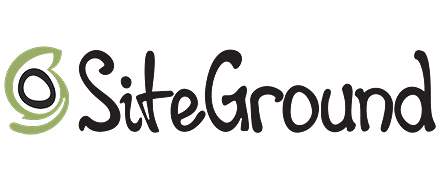
SiteGround stands out for its top-notch customer service and high-performance hosting solutions. It’s particularly well-suited for WordPress users, offering managed services, daily backups, and enhanced security features.
To learn more about SiteGround and Bluehost, we recommend that you read this SiteGround vs Bluehost

Renowned for its high-speed hosting solutions, A2 Hosting is ideal for businesses requiring fast loading times. It offers a variety of hosting options, from shared to dedicated servers, all optimized for speed.
Each alternative presents its own set of strengths, making the choice dependent on specific requirements like budget, performance needs, and ease of use.
Security and Reliability

Photo by Privecstasy
In the crucial arena of security and reliability, both DreamHost and HostGator stand out with their own strengths. DreamHost is commended for its impressive uptime guarantee and inclusive security features, demonstrating a strong commitment to reliable and secure hosting services. This makes it a top choice for businesses and individuals seeking a dependable hosting environment.
On the other hand, HostGator is recognized for its user-friendly security offerings and solid uptime record. It strikes a balance between providing essential security measures and maintaining simplicity in its services, appealing especially to those new to web hosting. Ultimately, while DreamHost leads in comprehensive security and reliability, HostGator offers a straightforward, secure hosting solution for users of all levels.
DreamHost Security
- Free SSL Certificates: Provides Let’s Encrypt SSL certificates at no extra cost.
- Automated Daily Backups: Offers regular backups to safeguard your data.
- ModSecurity: Employs this firewall to protect websites from various attacks.
- Two-Factor Authentication (2FA): Enhances account security.
- Domain Privacy Protection: Included for free to protect personal information.
HostGator Security
- Free SSL Certificate: Includes SSL for secure website transactions.
- SiteLock Security: Offers SiteLock for additional security against malware and breaches (at an extra cost).
- Spam Protection: Uses SpamAssassin to prevent spam.
- Backup Options: Provides CodeGuard backup solutions, though it’s a paid add-on.
- DDoS Protection: Implements measures to protect against Distributed Denial of Service attacks.
Both DreamHost and HostGator offer robust security features, but DreamHost tends to include more security features in its standard packages, whereas HostGator offers several as add-ons.
Conclusion: DreamHost vs HostGator: Who is the Winner?
DreamHost vs HostGator
In concluding the DreamHost vs HostGator debate, it’s clear that the winner depends on individual needs and preferences. DreamHost excels with its unlimited storage, bandwidth, and superior uptime guarantee, making it ideal for those seeking robust, scalable hosting solutions. Its commitment to security and reliability is also commendable.
On the other hand, HostGator is a champion for beginners, offering an intuitive interface, affordable plans, and excellent customer support, perfect for those new to website hosting. Both provide strong WordPress integration and essential security features. Ultimately, DreamHost leads for performance and scalability, while HostGator wins for user-friendliness and initial affordability. The choice hinges on whether you prioritize advanced features or ease of use and cost-effectiveness in your web hosting service.
